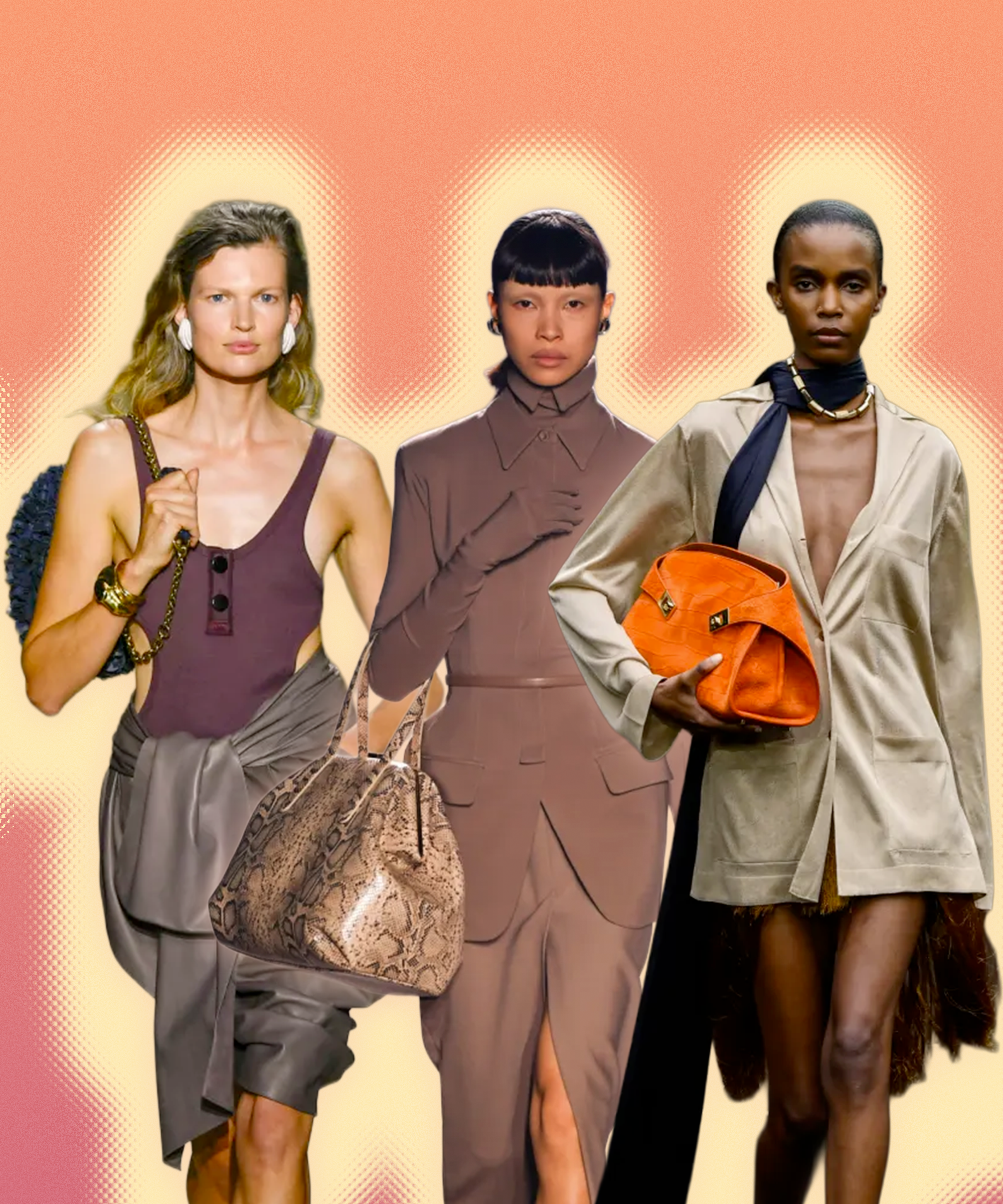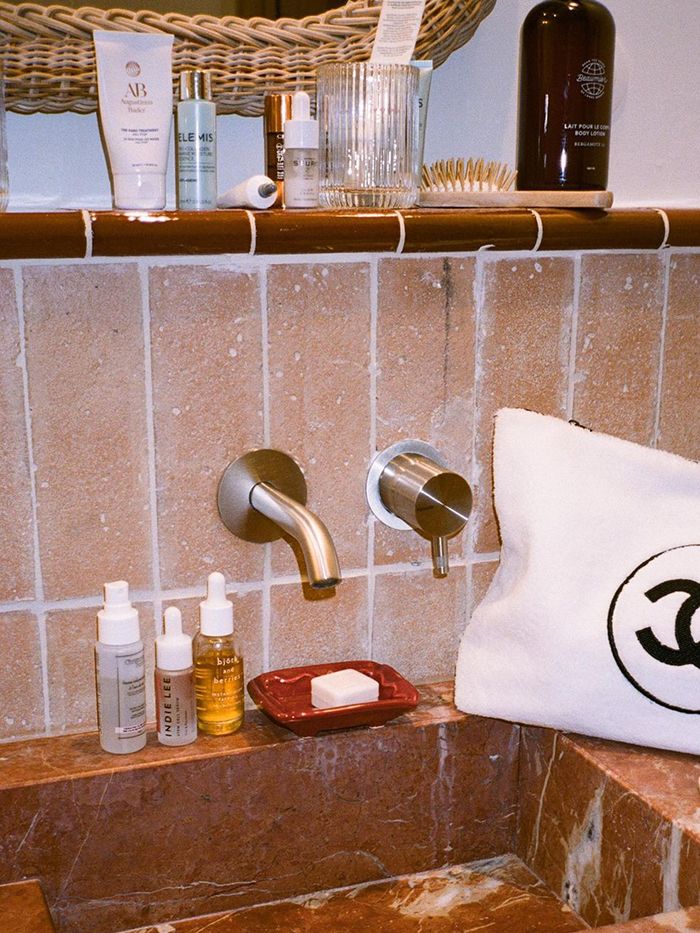
As a beauty editor, I have spent many years trying to separate the wheat from the chaff when it comes to products. Few things upset me more than people wasting their hard-earned cash on products that come loaded with false promises—it’s true that beauty brands like to lead us down the garden path. As a result of the masses of false information out there, I totally understand that, as beauty consumers, most people want an uncomplicated list of dos and don’ts—and we beauty editors try our best to give you that.
Over the past few years, however, I have noticed that beauty has become a very divided place—one filled with conflicting opinions and a heap of shame. We are told that fragranced skincare is the devil, that we categorically must wear SPF every single day and that cheap shampoo will quite literally cause our hair to fall out of our heads. But the truth is nothing in beauty is really that simple—and these “lessons” do nothing but leave some really great products totally underrated. When we’re dealing with skin (which, let’s not forget, is a complex organ that functions differently from person to person), personal tastes and differing budgets, putting products into de facto boxes of “good” and “bad” doesn’t sit well with me.
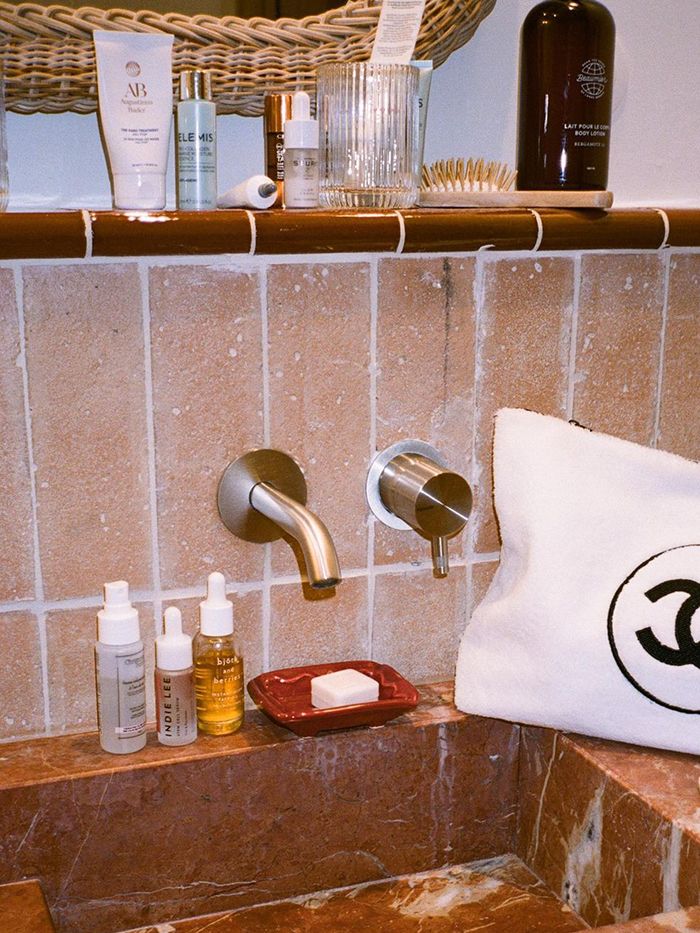
Let me first start by saying that, actually, most beauty products are relatively good—just because one person doesn’t get on with something, doesn’t mean there aren’t thousands of others out there who will. Second, I would like to say that in my seven years working in beauty, never have I seen any good come from ostracising people for their beauty choices. In fact, I believe those that put products (and their users) into certain boxes do more harm than good.
The secret to a great beauty routine, I have found, is in finding what works for you, ignoring the beauty buzz and sticking to it. The key piece of advice I have? Educate yourself well enough so that you feel safe in your product choices. You will soon find that every ingredient and product out there comes with caveats. It’s about knowing which ones apply to you.
So if you’re sat there thinking that all beauty editors practise every word they preach, forget it. I think these six types of underrated beauty products go massively overlooked.
Perhaps one of my least favourite pieces of skincare advice out there is that we must avoid fragranced products like the plague. Please believe me when I say this is categorically untrue. Not everyone needs to avoid fragrance in their skincare products. If you have extremely reactive skin (for example, in the form of contact dermatitis, eczema, acne, rosacea, etc.), you will probably benefit from cutting out fragrance, as it can further irritation. For most people, however, fragrance in skincare is a perfectly okay thing.
As a beauty editor who has a pretty in-depth knowledge of skin function and skincare formulation, I’m happy to admit that most of my skincare products contain fragrance. Why? Because I like it. My skincare go-to, aesthetician Pamela Marshall of Mortar & Milk, once told me that the best skincare products around are the ones that get used. For me, fragrance adds a sensorial touch to my skincare routine—one that actually makes me want to take my makeup off at the end of the day. If your skin is really aggravated, irritated and angry, lay off the fragrance for a little while. But if not? A little bit of fragrance in your skincare isn’t going to hurt.
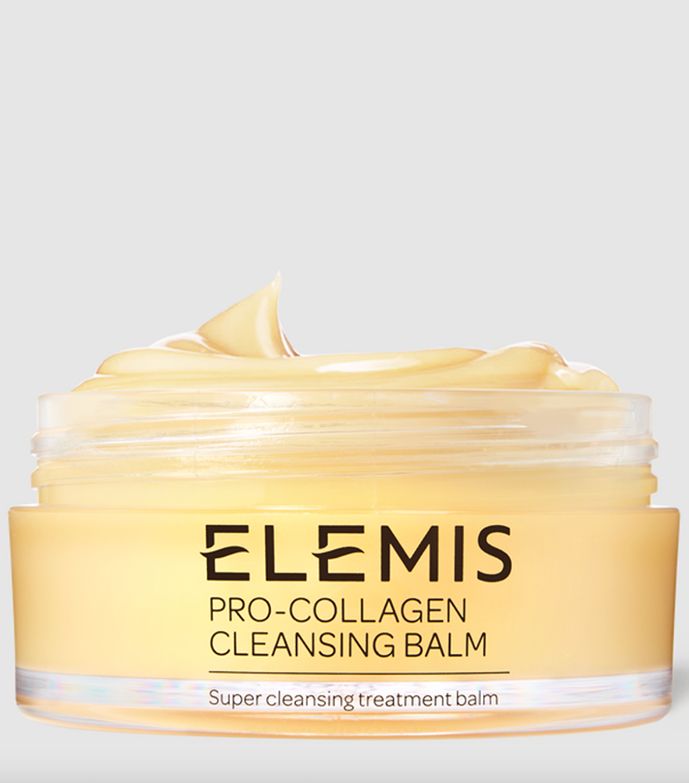
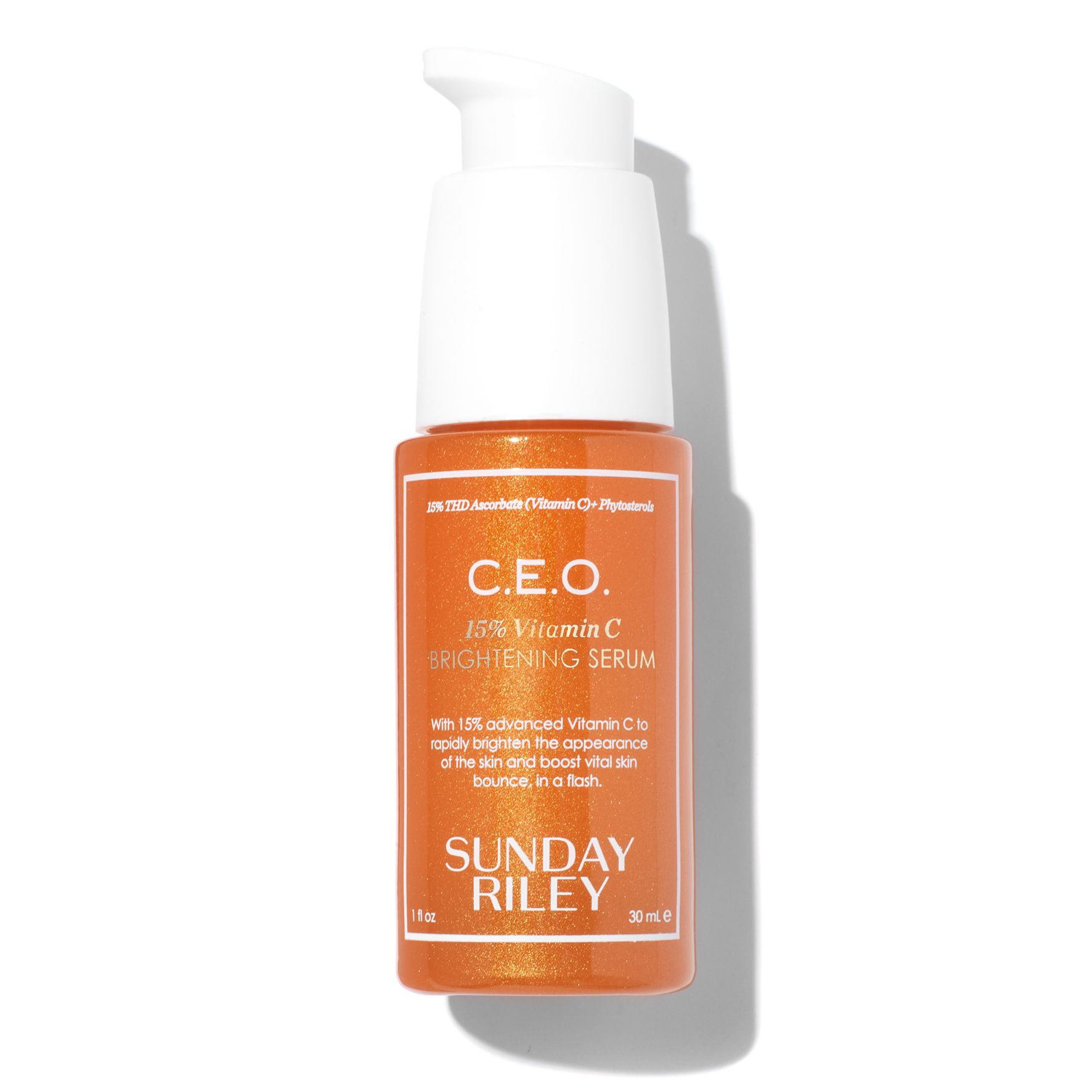
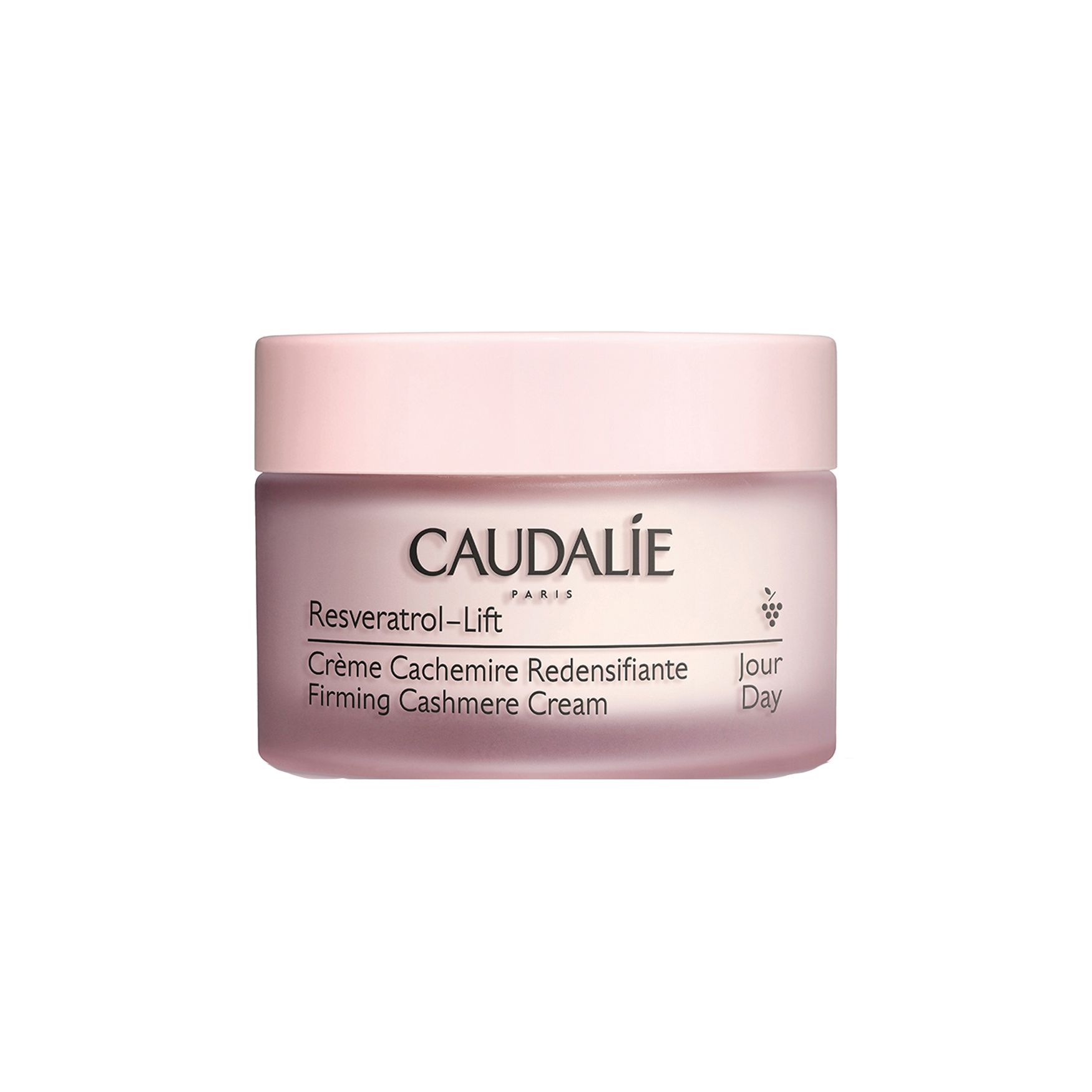
I am always being shamed for my SPF choices. Beauty snobs tells me that my daily SPF 30 products are nothing compared to an SPF 50 and that I must update my collection. But once again, I simply have to disagree. The truth is although SPF 50 is always the preferred choice (particularly on days when the UV index is high), for most of the year in the UK, an SPF 30 is perfectly sufficient. It is thought that, when applied properly (which, by the way, is a rarer situation than you might think), SPF 50 will block around 98% of UVB rays, while an SPF 30 will block somewhere around 97%. So, yes, it is always better to opt for an SPF 50 considering very few of us know how to (or simply don’t want to) apply our SPF properly. However, if you are applying your SPF properly (that’s two to three fingers’ length of product to the face), then you can feel safe in your choice of SPF 30.
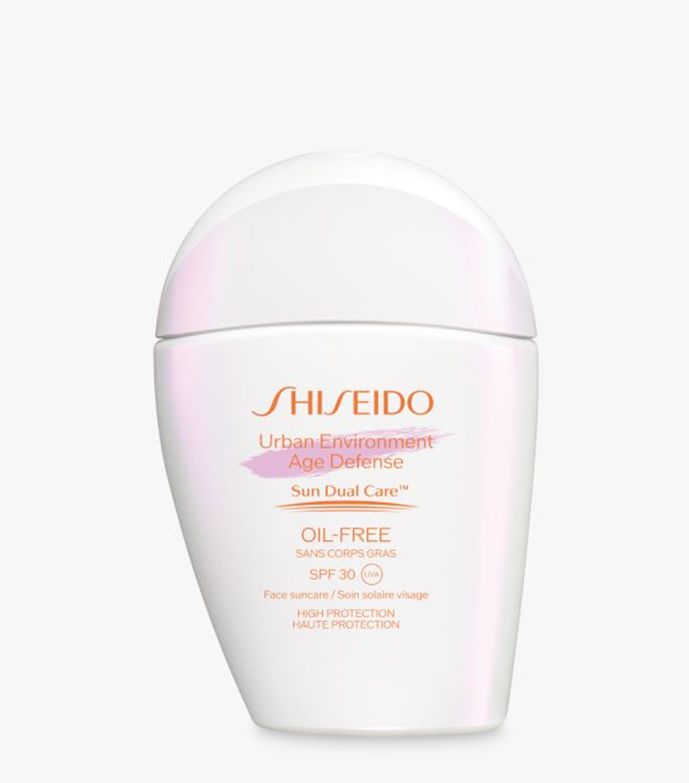
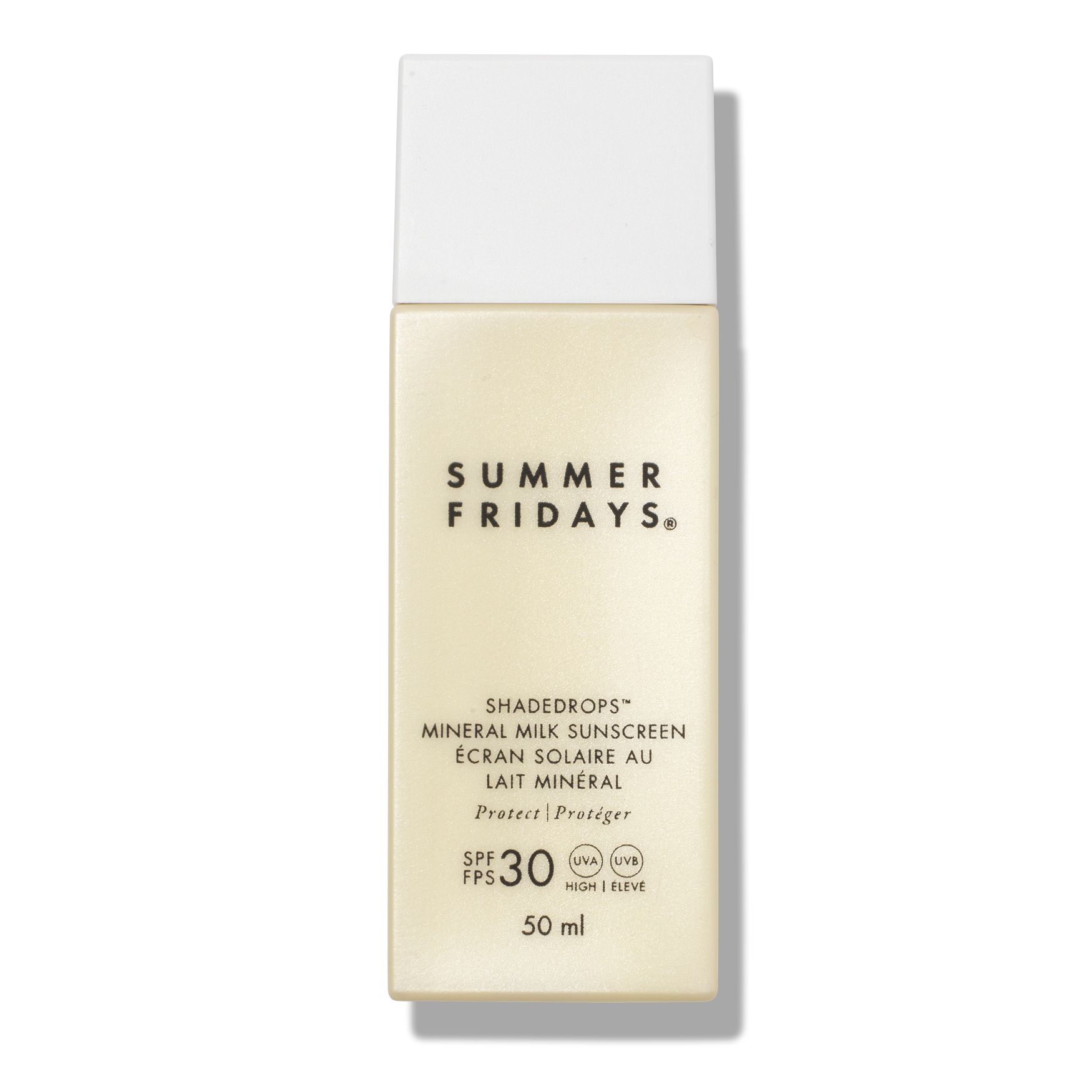
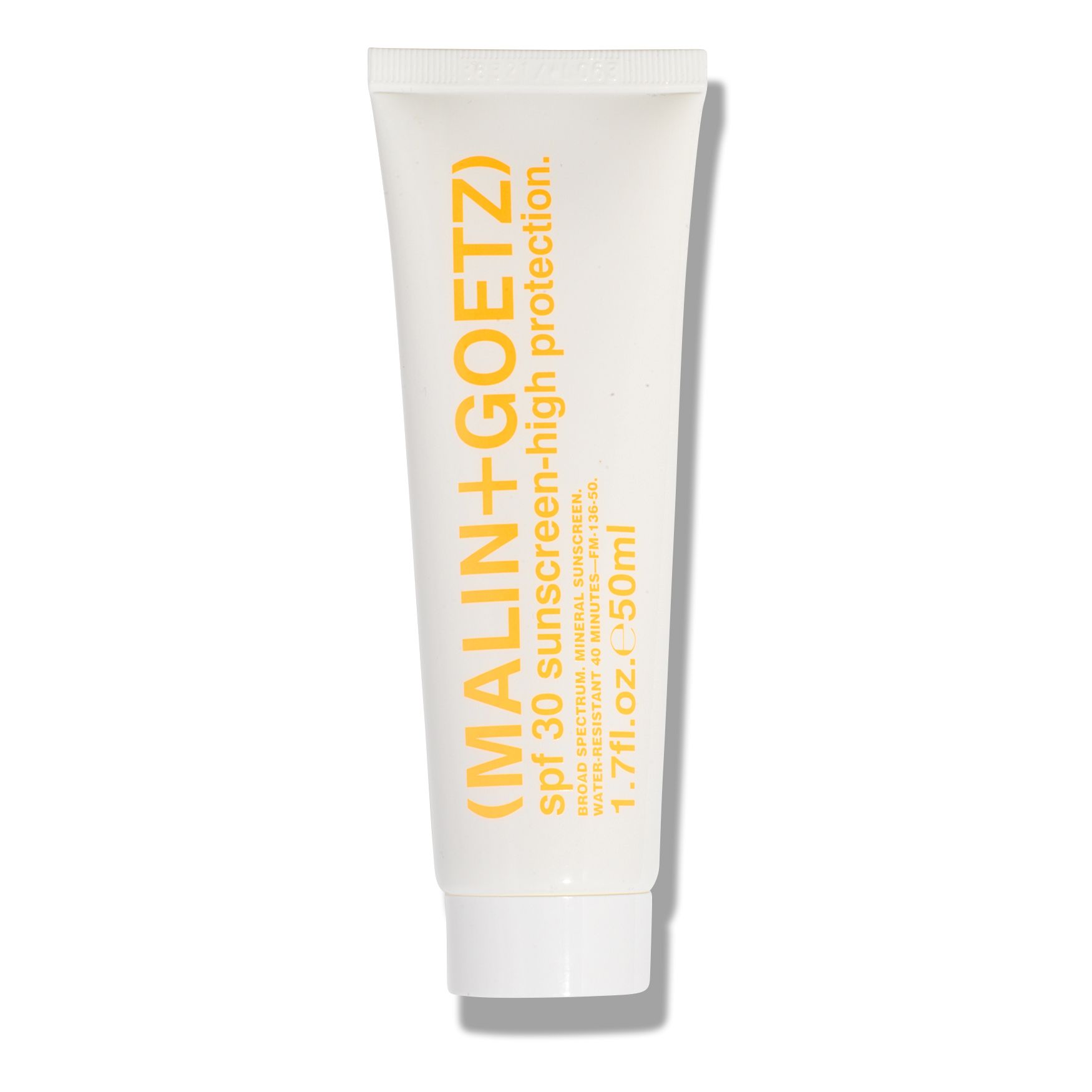
I hummed and hawed on whether or not to include this section, but after a conversation with some experts a few weeks ago, I decided I should. Trust me when I say that I am the first to admit no one has to spend a lot of money on products to get great skin. In fact, I’d always recommend you invest in seeing a dermatologist rather than trying to fix it yourself with off-the-shelf skincare. However, do I think that owning high-end, luxury skincare is a wonderful thing if you can afford it? Absolutely.
In reality, there are a lot of skincare products out there that do a similar job to most of the super-expensive cult buys, but if you like your products to feel luxurious and special, then there should be nothing wrong with wanting to splurge. By putting excessively high price tags on their products, luxury brands position themselves as punching bags for the rest of the industry. My advice? If you can afford it and you want it, buy it. It’s not going to revolutionise your life, but if it helps add some joy to your day, what’s the harm?
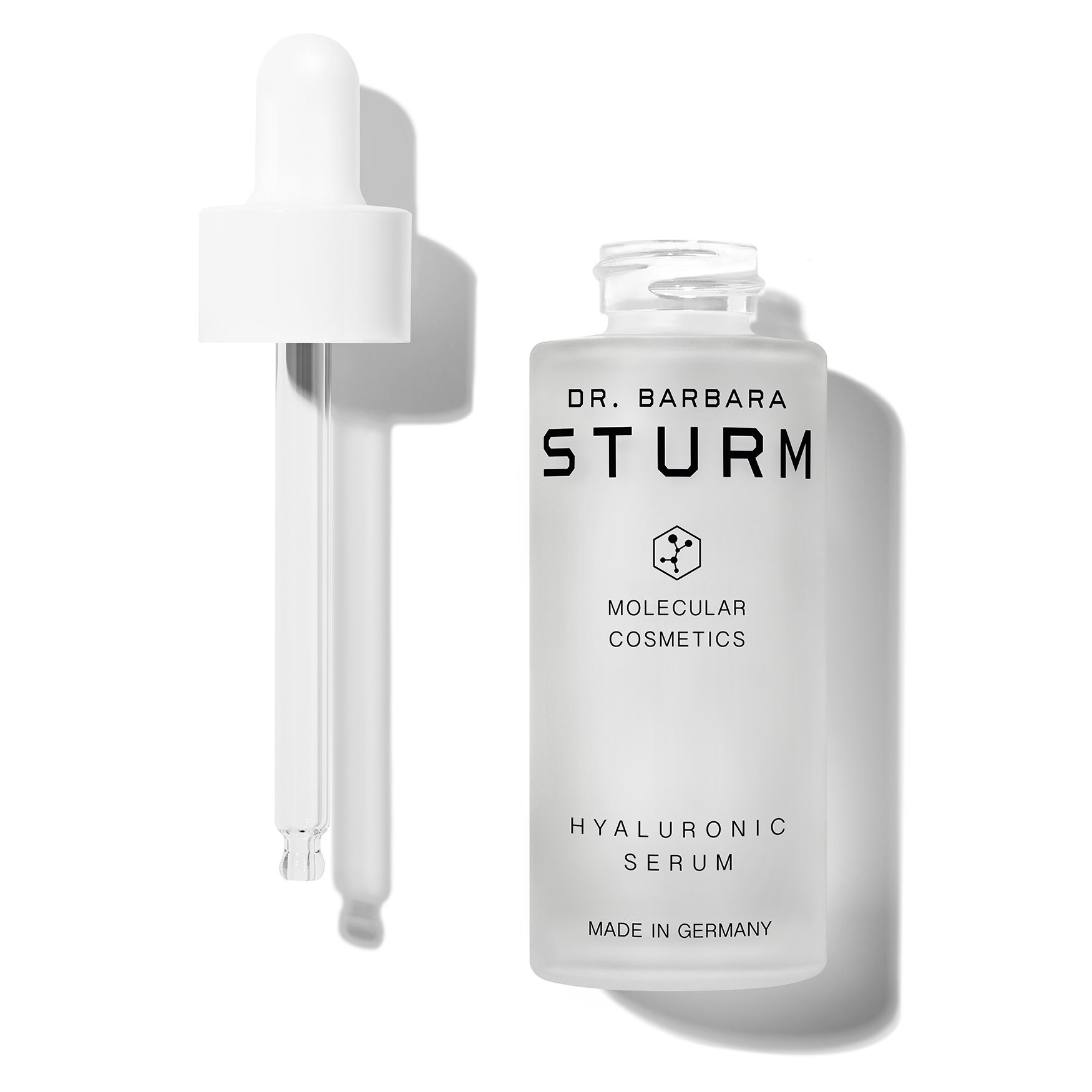
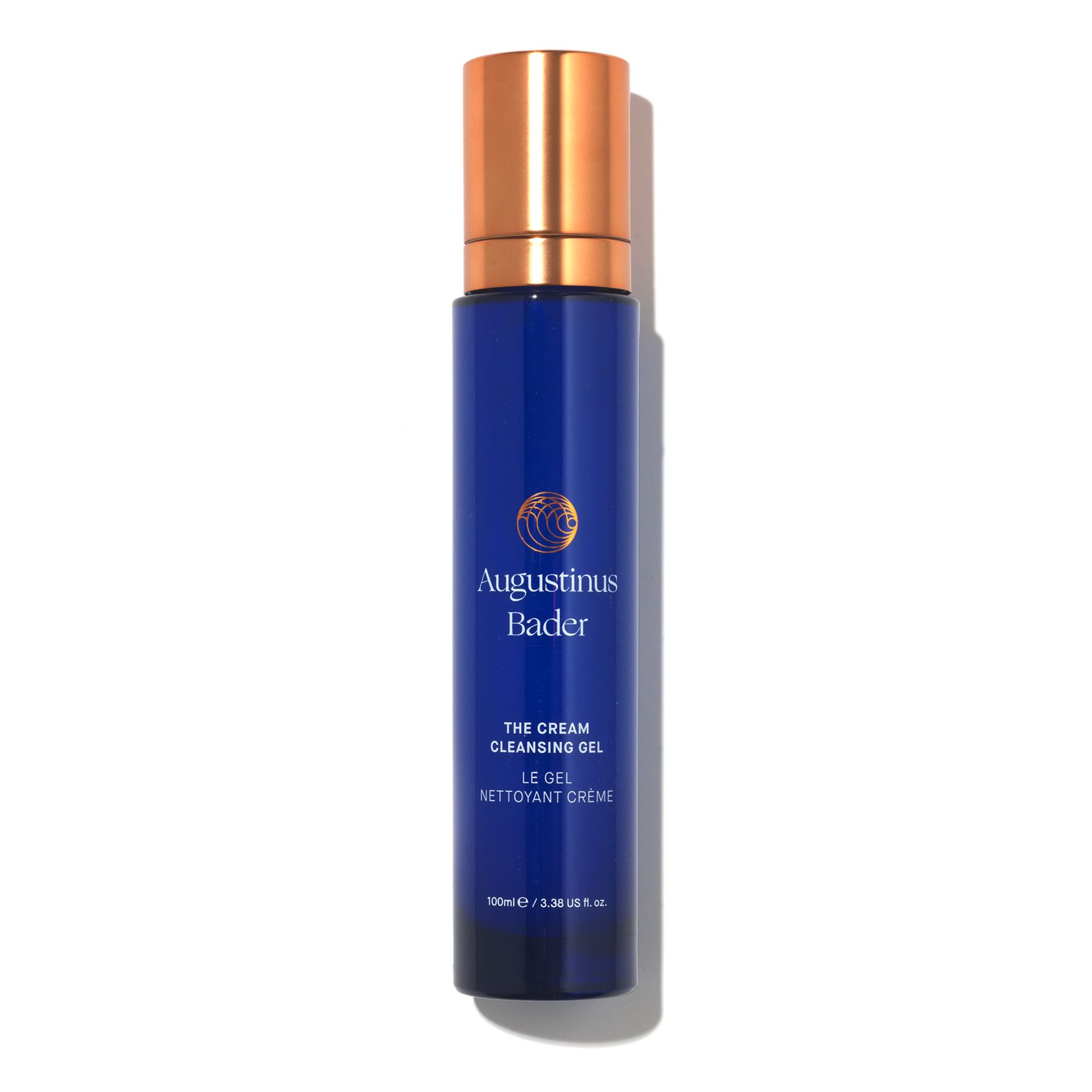
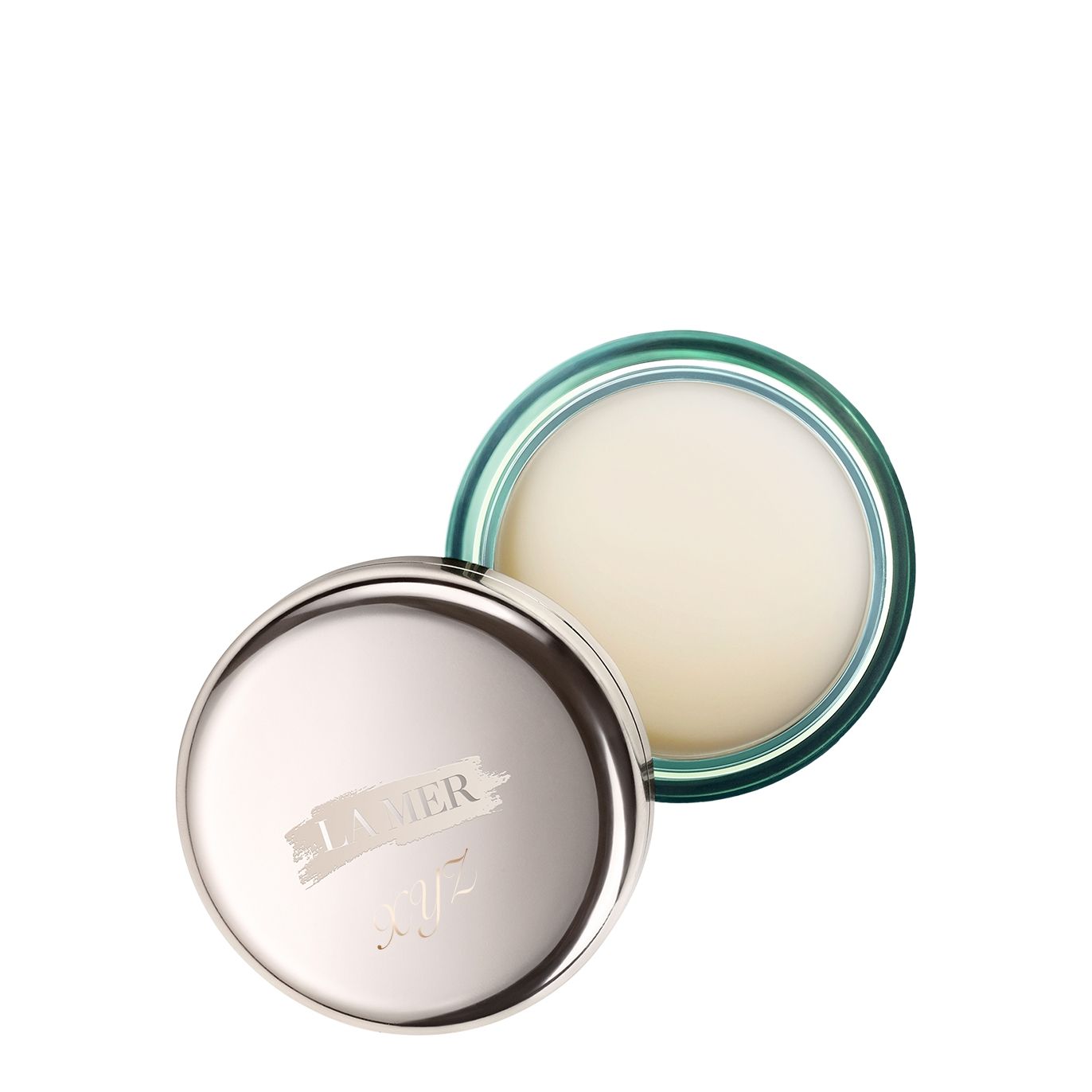
I get slammed on Instagram for admitting this, but I love a scrub. I scrub my body, my scalp and, yes, even sometimes my face. As a very oily gal who is prone to congestion, I get a great sense of joy from rolling tiny granules of grit over my skin. Is it bad for the skin? Sometimes. The key to getting your scrub right is down to two things:
1. Choosing a gentle product.
2. Knowing when to stop.
Aggressively scrubbing your skin will eventually damage your barrier, but reaching for a gentle scrub once every couple of weeks and carefully rolling it over the skin isn’t going to ruin your complexion forever more. In fact, reaching for strong acids can, in my opinion, be just as damaging.
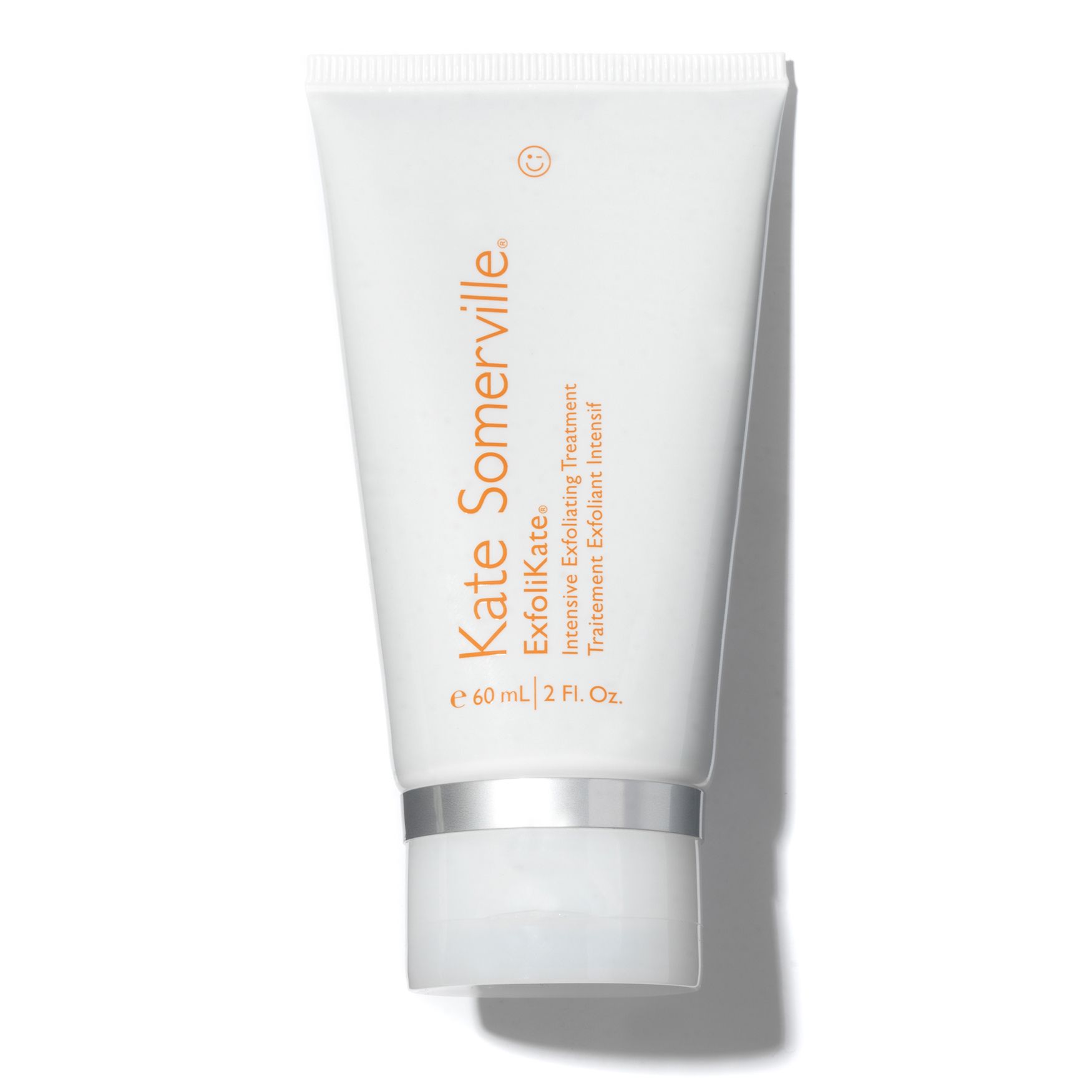
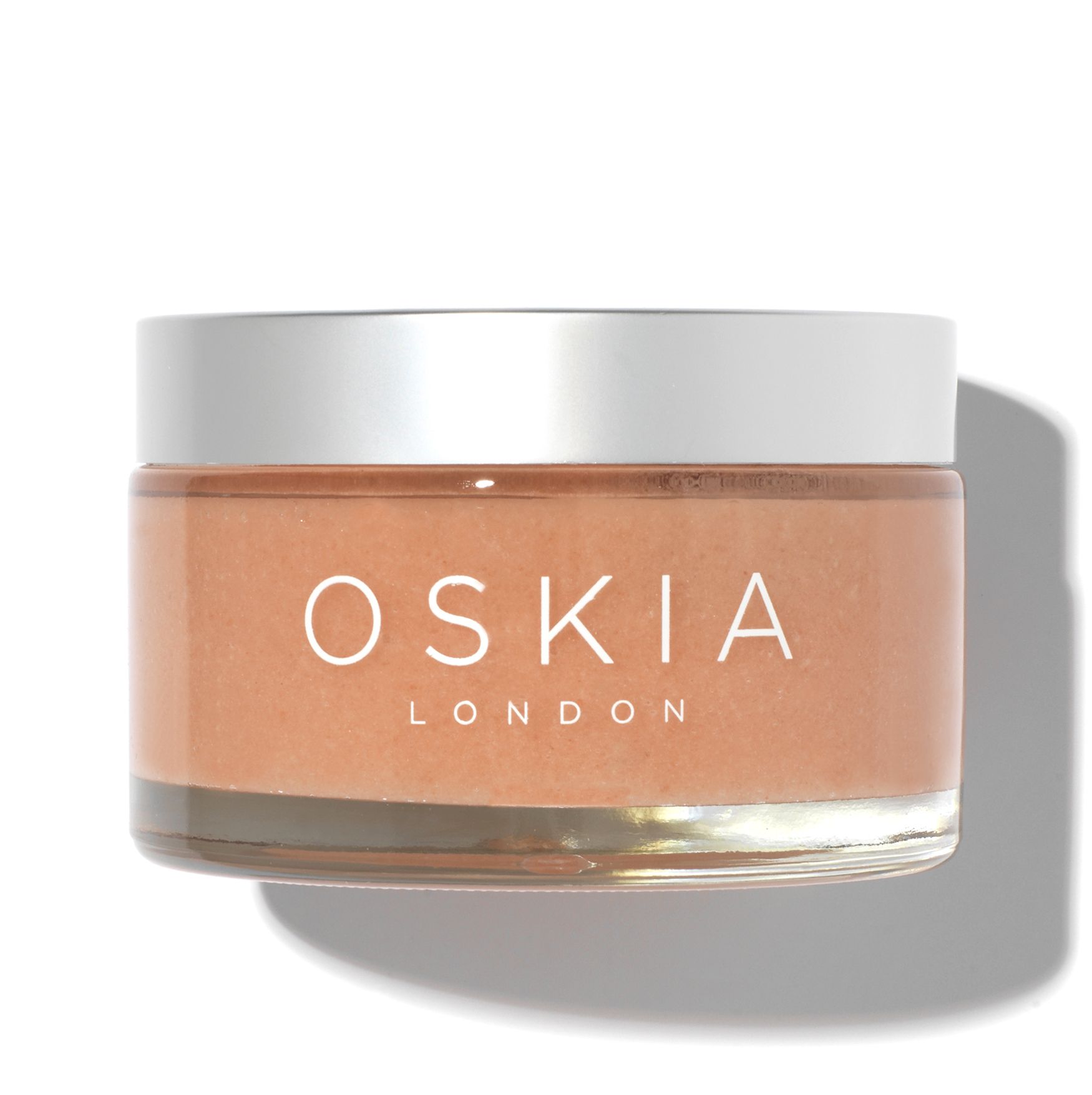
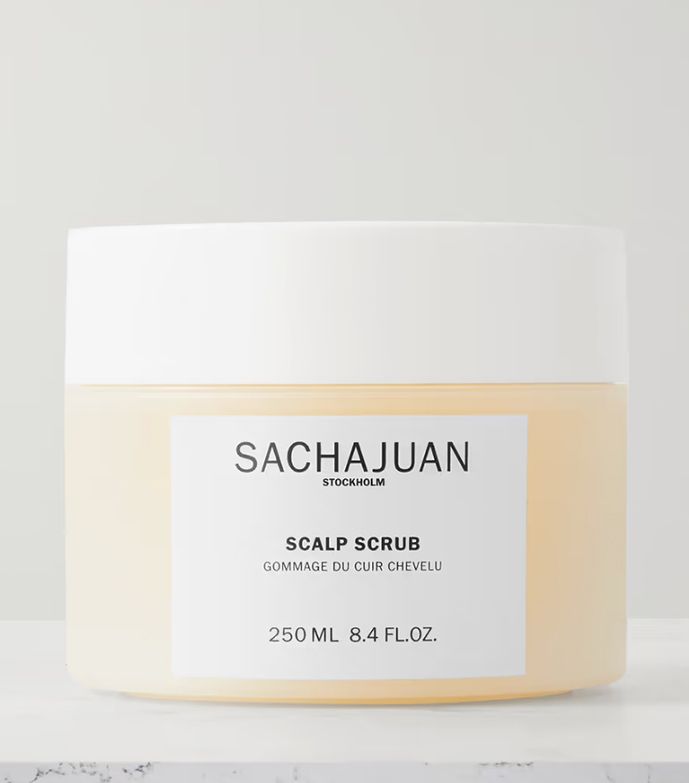
Look, I’m not saying that celebrity-owned brands are the pinnacle of cool. In fact, every fibre of my being wants to dislike them. Sadly, though, I just can’t deny that some of them are really very good. Do they tend to have questionable morals? Yes. Is the packaging usually a bit naff? Absolutely. But I like to think that I can enjoy the celebrity beauty products that are currently out there while simultaneously wishing celebs would stop launching them.
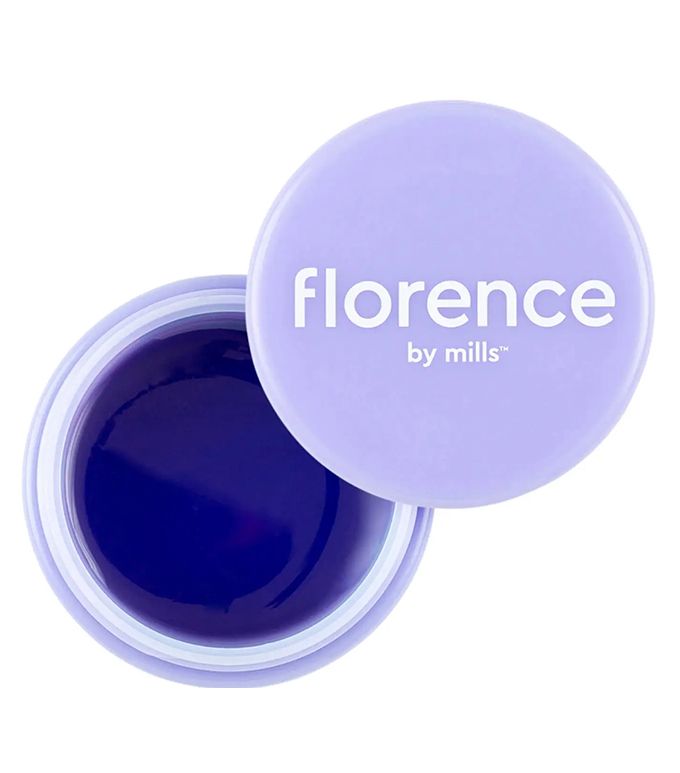
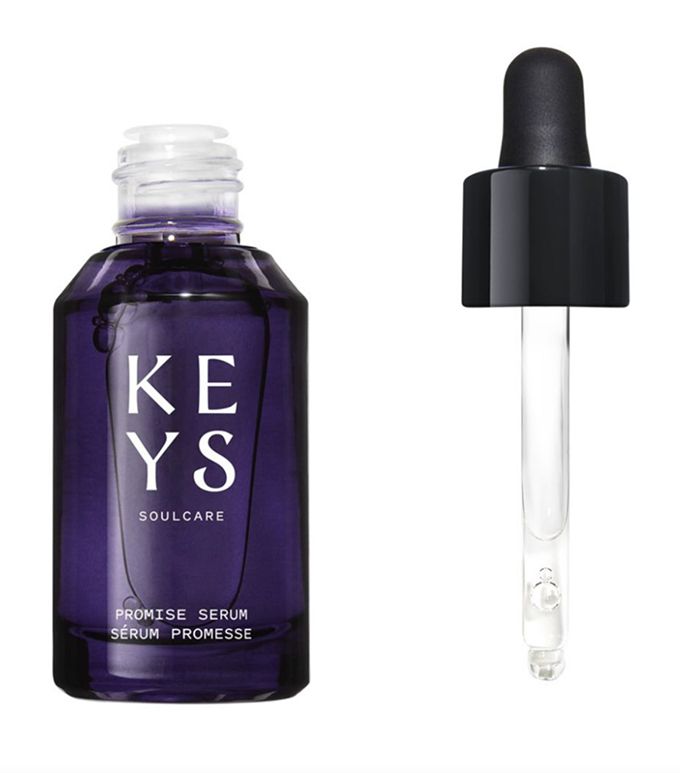
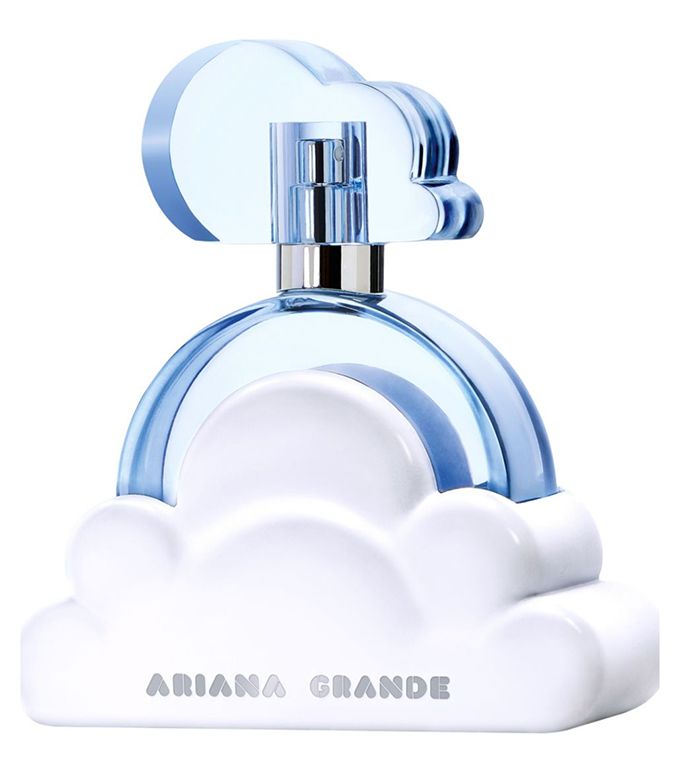
I totally get that curly girls might not agree with this point. If you abide by the curly method, which involves cutting out silicones from your haircare routine entirely, this point does not apply to you. However, if you find yourself battling crispy, dry strands that lack a certain gloss, you might want to consider looking for products that contain silicones.
Most hair experts will tell you that silicones will weigh down your hair, leave roots greasy and generally wreak havoc with its health—but I’m not so sure it’s that important. A few years ago, I sat down with a very prominent celebrity hairstylist, and he spent 15 minutes declaring his love for silicones to me. “I love silicones; I don’t get why it’s such a big deal,” he said. And I have to agree. Adding shine, gloss and softness to the hair, silicones can make a big difference to the way your strands feel immediately after washing. Are you at risk of product buildup if you use them every single day? Potentially,but the risks really aren’t that bad. Your hair will survive. If your hair stops playing ball, reach for a clarifying shampoo to rid the hair of buildup and go again—it’s not life or death.
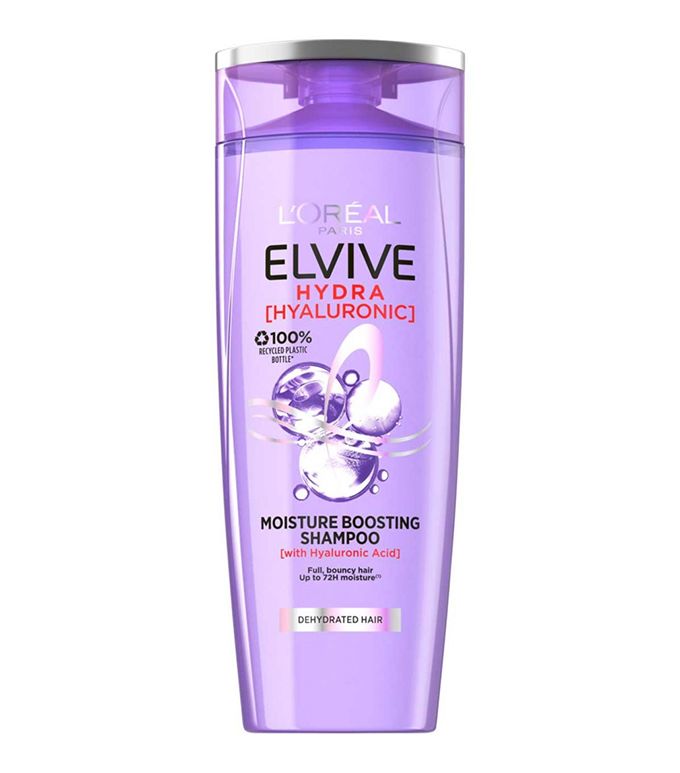
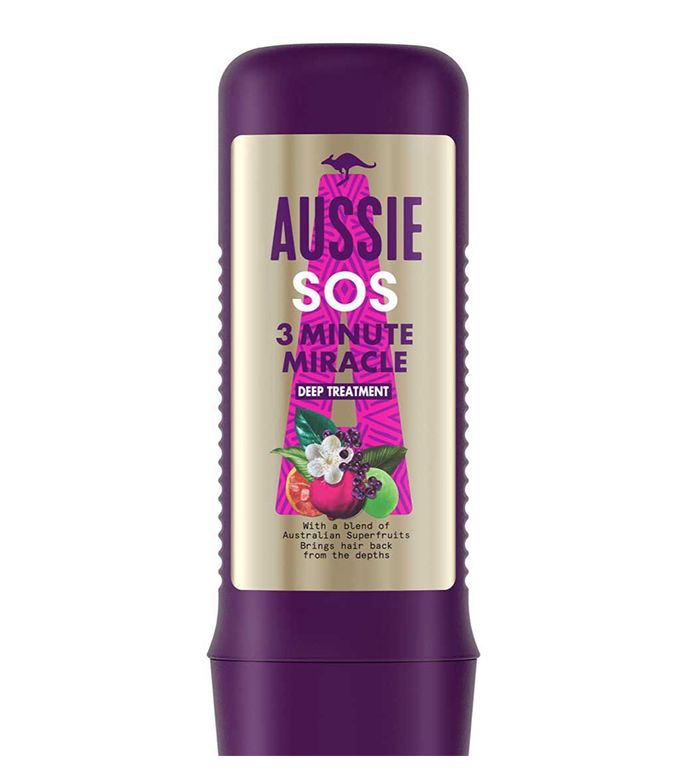
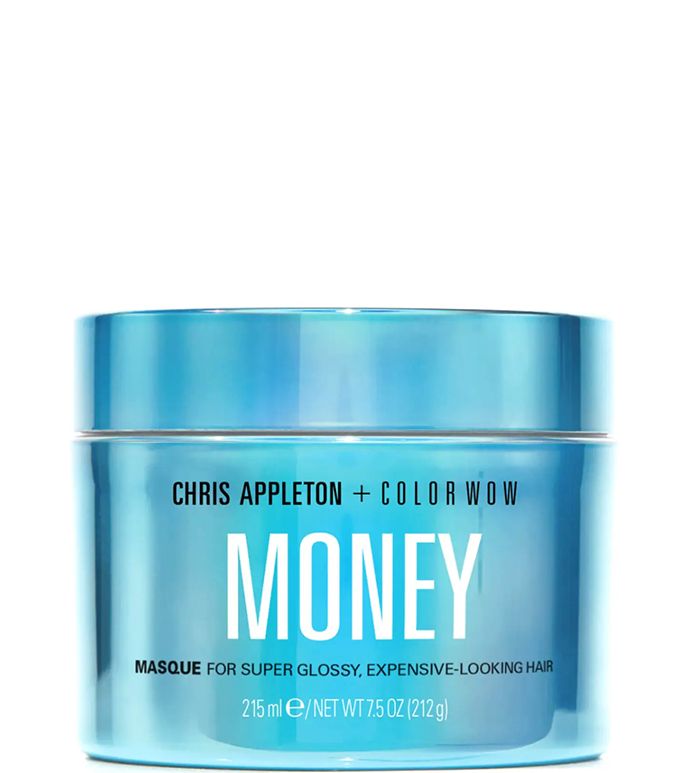
Next up, five beauty products that aren’t worth anyone’s time and three that truly are.


